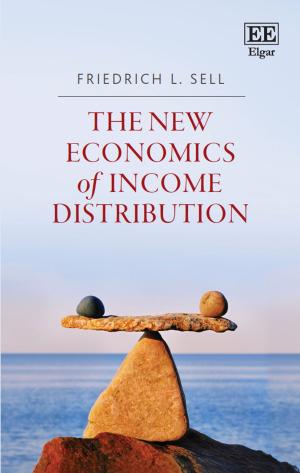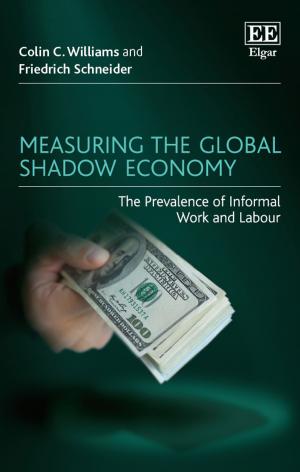Corporate Governance, The Firm and Investor Capitalism
Legal-Political and Economic Views
Business & Finance, Finance & Investing, Investments & Securities, Business Reference| Author: | Alexander Styhre | ISBN: | 9781785364020 |
| Publisher: | Edward Elgar Publishing | Publication: | October 28, 2016 |
| Imprint: | Language: | English |
| Author: | Alexander Styhre |
| ISBN: | 9781785364020 |
| Publisher: | Edward Elgar Publishing |
| Publication: | October 28, 2016 |
| Imprint: | |
| Language: | English |
The shift from managerial capitalism to investor capitalism, dominated by the finance industry and finance capital accumulation, is jointly caused by a variety of institutional, legal, political, and ideological changes, beginning with the 1970s’ downturn of the global economy. This book traces how the incorporation of businesses within the realm of the state leads to both certain benefits, characteristic of competitive capitalism, and to the emergence of new corporate governance problems emerges. Contrasting economic, legal, and managerial views of corporate governance practices in contemporary capitalism, the author examines how corporate governance has been understood and advocated differently during the New Deal era, the post-World War II economic boom, and the after 1980 in the era of free market advocacy.
The shift from managerial capitalism to investor capitalism, dominated by the finance industry and finance capital accumulation, is jointly caused by a variety of institutional, legal, political, and ideological changes, beginning with the 1970s’ downturn of the global economy. This book traces how the incorporation of businesses within the realm of the state leads to both certain benefits, characteristic of competitive capitalism, and to the emergence of new corporate governance problems emerges. Contrasting economic, legal, and managerial views of corporate governance practices in contemporary capitalism, the author examines how corporate governance has been understood and advocated differently during the New Deal era, the post-World War II economic boom, and the after 1980 in the era of free market advocacy.















